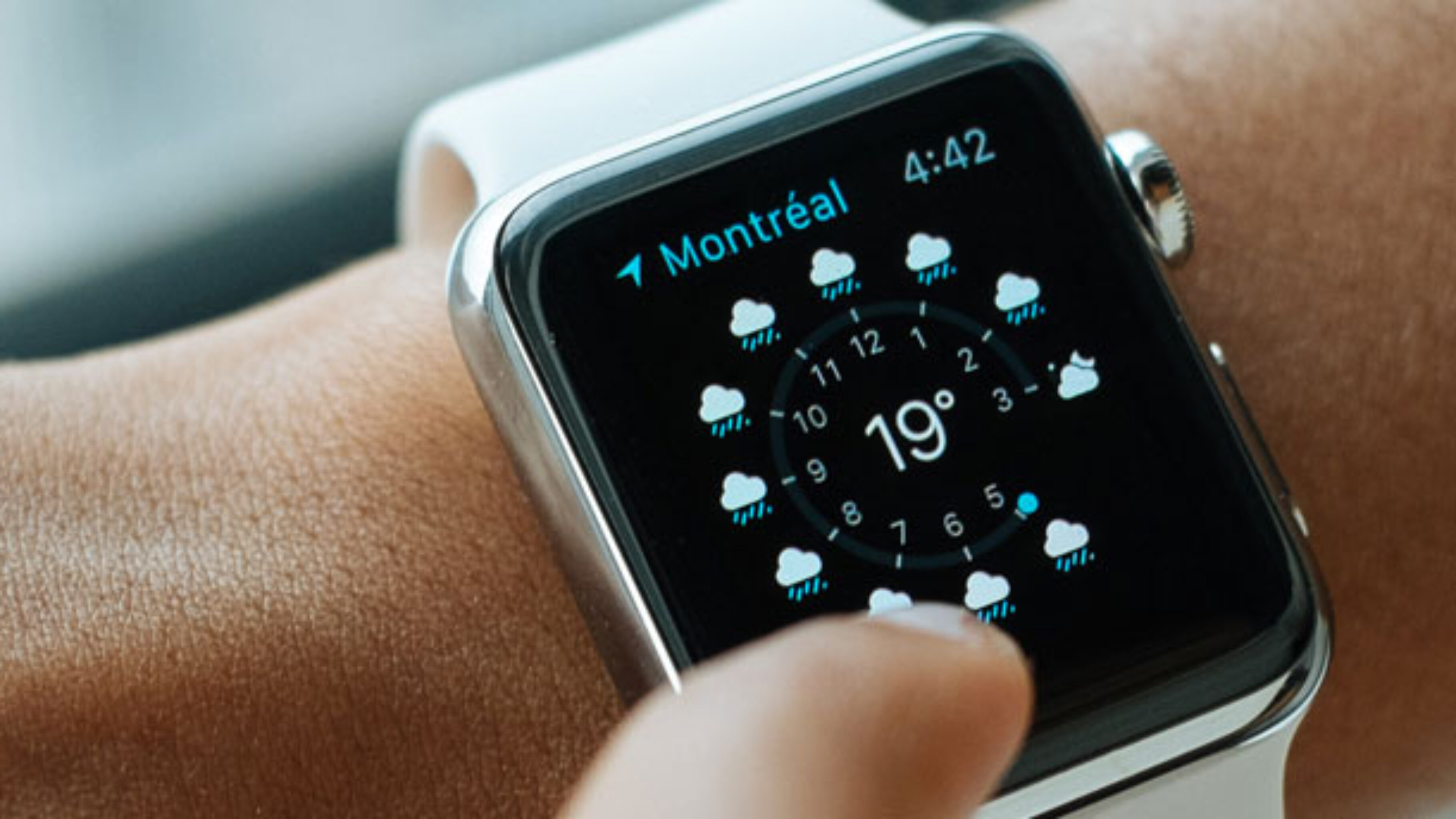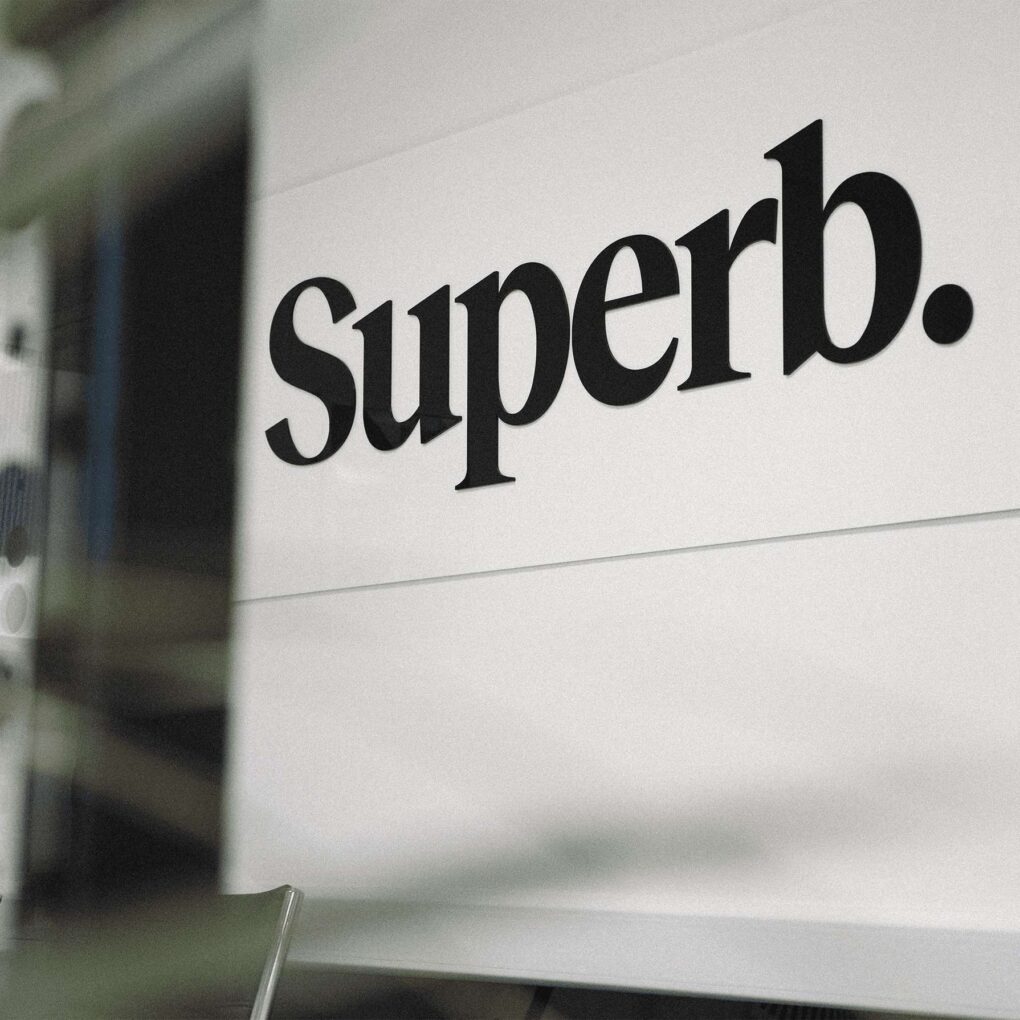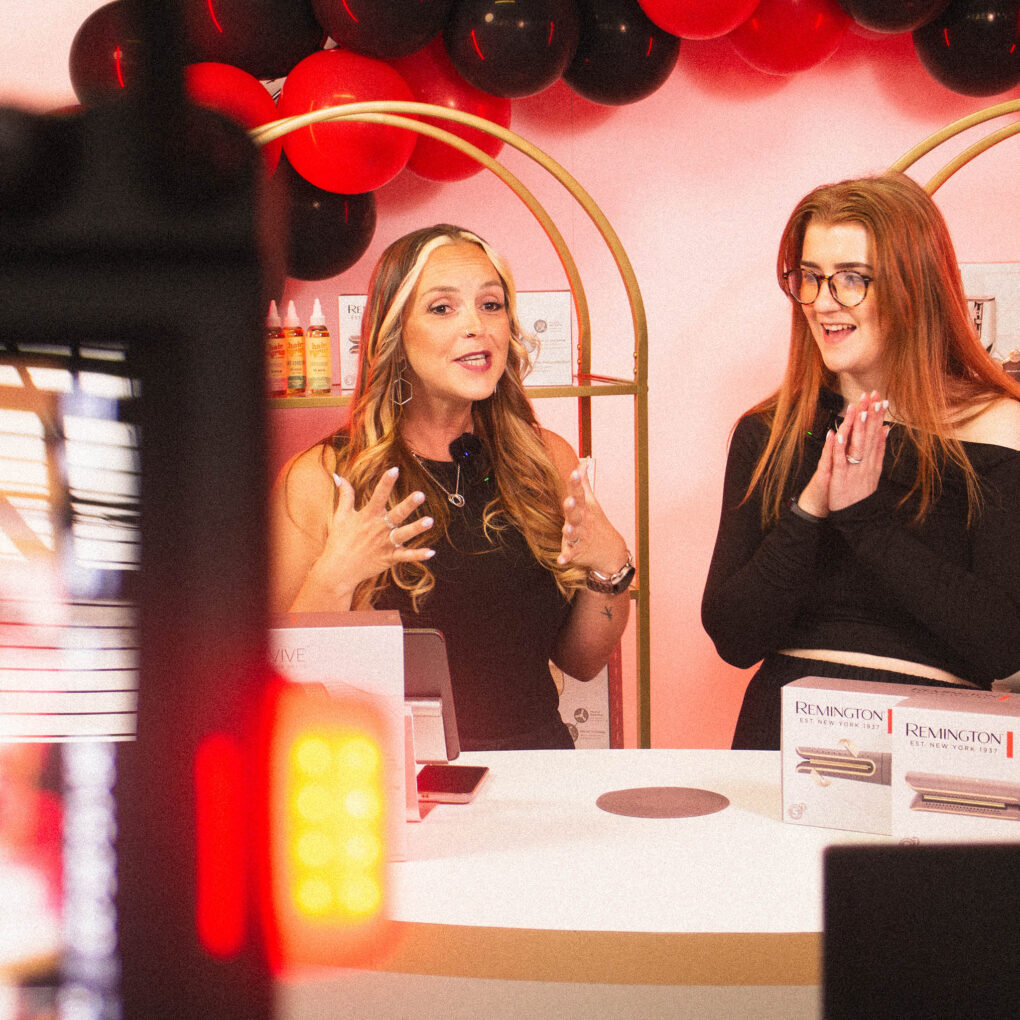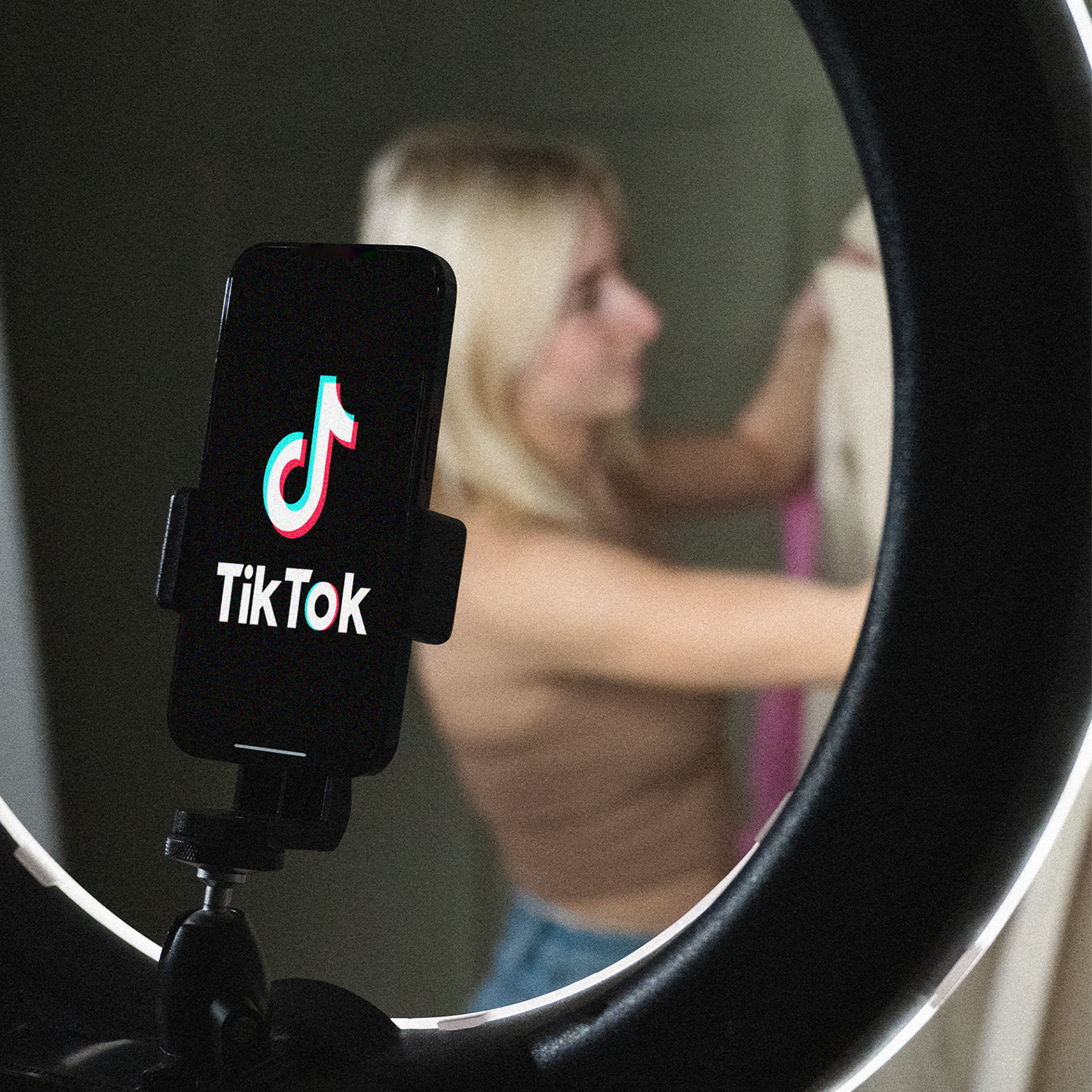When the world of wearables launched with much fanfare a couple of years back, the internet seemed unanimous in its belief that this would certainly catch on. There was some initial success in 2015, down to the power of Apple’s brand, but impact was limited. Success has been slow due to a number of factors and at this point in time it is safe to say that wearables just have not taken off as predicted. The technology is fascinating and caused a lot of interest and debate when first released, so why despite of this has the product range failed to fully capture the imagination of the public and fly off the shelves?
Firstly, there is a distinct lack of celebrities endorsing the Apple Watch and other wearable products. There is also very little positive press out there about the ranges. Any product, especially a digital one looking to dominate the market needs that seal of approval from a big name celeb. Without it the product will lack that edge and desirability. On the subject of celebs, Eddie Redmayne has come out in his dislike of smart phones and wearable technology. Incidents like this no doubt compound negatively on the already weak image of wearables. The products really need a passionate spokesperson if they are going to find their voice.
Security is a concern amongst consumers, especially with regards to wearables. There are reports that a vast majority of consumers see location tracking technology, a regular feature of many wearables, as unsafe and unwanted. A recent survey showed that only the Apple Watch was deemed satisfactory in terms of its security, with the other seven wearable products featured in the study, which were using static MAC addresses and therefore potentially giving away the user’s whereabouts, not looked upon favourably.
Of all wearable brands, Apple was of course expected to fair best, due to the power of its brand. Although Apple’s brand is strong and sparks trust amongst consumers, there is a lack of belief that the Apple Watch will really transform a person’s life. A perception that wearables like the Apple Watch have no more features or powers than a smart phone, is common and has proved hard for marketers to overcome.
Another indicator of the doom and gloom in the wearables market was the absence of any real focus on wearables at Mobile World congress 2016. The flavour of the month was VR and 360-degree video, which proved much more popular and stirred more interest and talking points. If as a wearables brand you’re not making an impact in the world of tech geeks and digital obsessives, you’re going seriously wrong.
The history of wearables is littered with failures, Fitbit being a case in point. In Q1 when diet and fitness related products usually prove incredibly popular, profits were worryingly low. Share price has since dropped dramatically. Another failure was the Toshiba Glasses, which have now been withdrawn from the market. Within weeks of the product set to hit shelves, they were withdrawn. This indicates that demand is too low for the company to want to risk manufacturing large amounts.
Toshiba has completely shifted its focus away from wearables now, from the looks of its website. Nike fuel brand also crashed and burned, only 3 years after its launch. Though not entirely Nike’s fault, as they were overshadowed by Apple’s focus on the fitness industry, there was a failure to adapt to android with this particular product. The general feeling is that in the area of health, wearables can really cash in. There seems to be more of a clear understanding of what wearables can be used for in this area. Consumer imagination seems to have been captured when it comes to wearing a piece of technology that monitors weight loss or fitness.
Failure isn’t necessarily a bad thing, it often takes multiple goes for a product to take off. Despite said failures and the consumer apathy, the fate of the wearables market is not conclusive. There is still opportunity for these products to be marketed in a way that will allow them to truly resonate with consumers.








